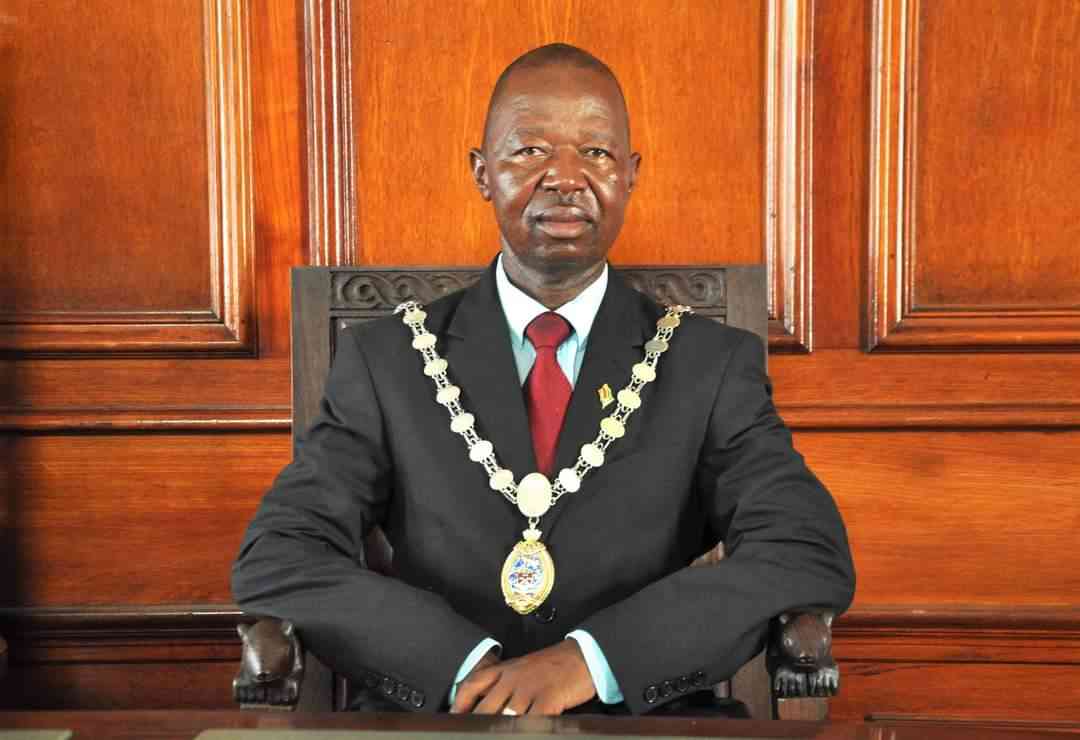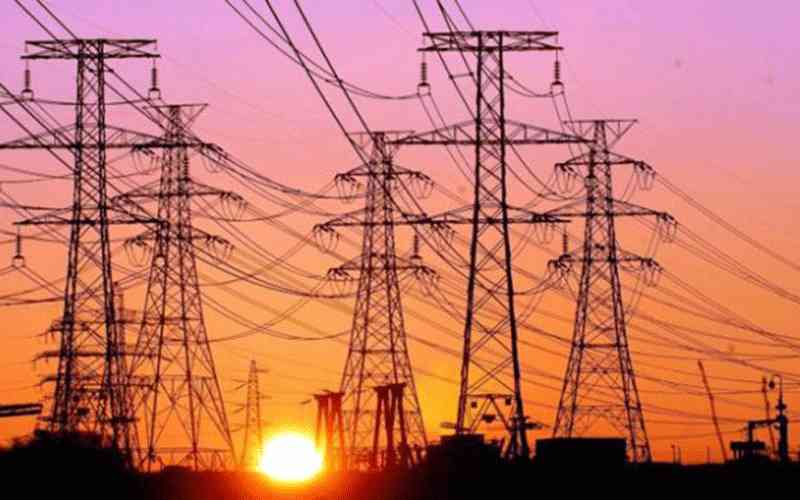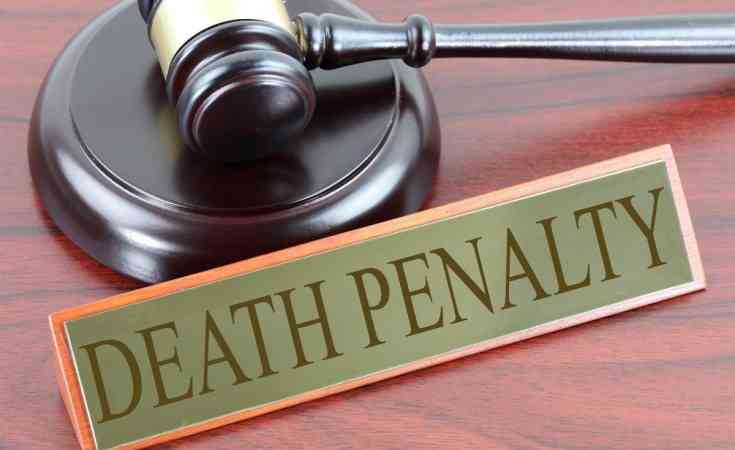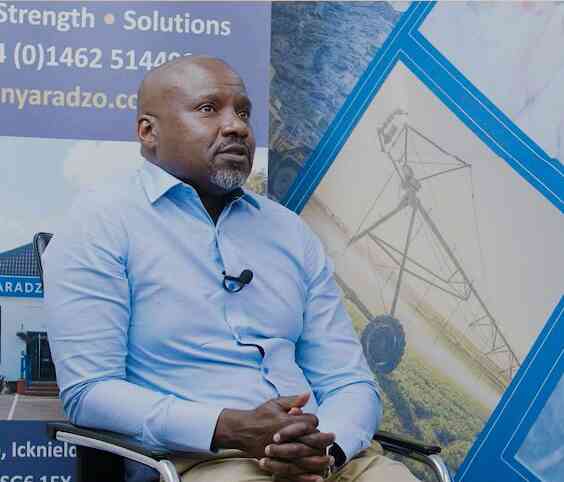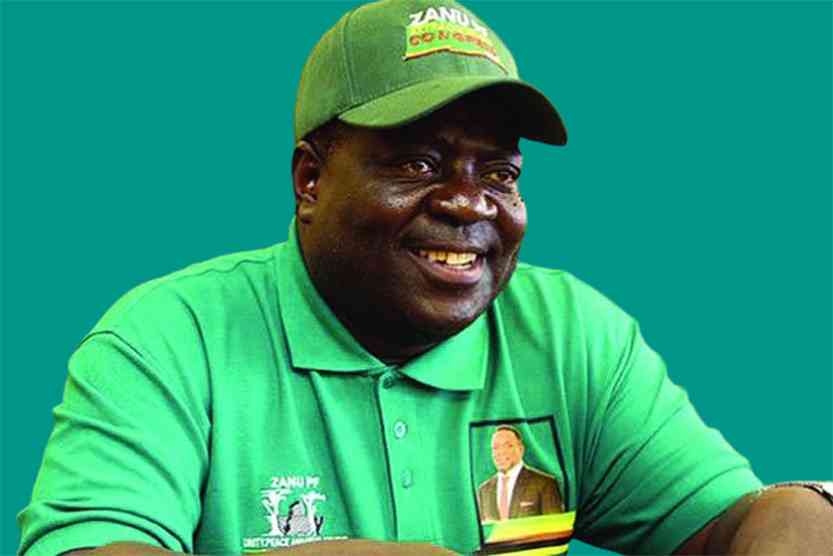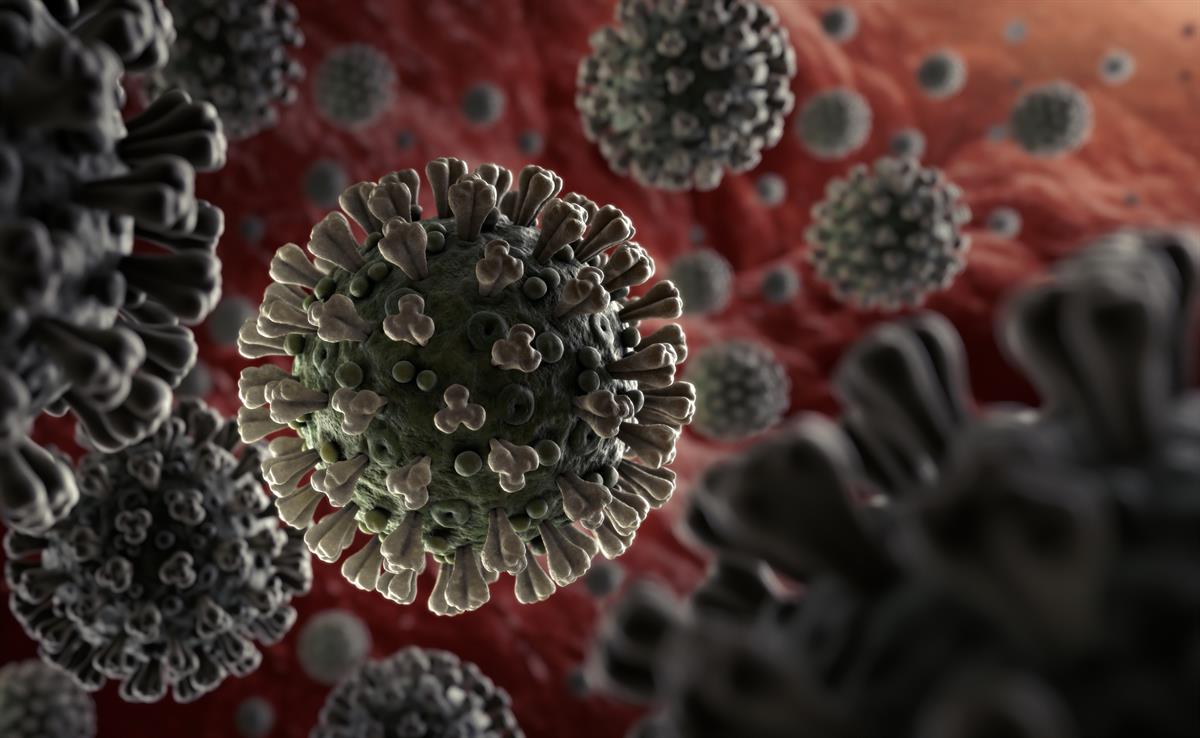
By Everson Mushava
Fears are growing that the government is poorly equipped to deal with confirmed coronavirus cases, following shocking revelations by a 52-year-old Ruwa resident who tested positive after a trip to the Middle East.
The new coronavirus, also known as Covid-19, was in January confirmed to have spread from the Chinese city of Wuhan.
It has spread fast throughout the world, killing more than 60 000 people in a short space of time, with Italy, the United States and Spain being among the most affected, while China seems to be already containing the pandemic.
Saul Sakudya, who tested positive to Covid-19 after travelling to Dubai last month, spoke out to The Standard, which worked in collaboration with Information for Development Trust to track down affected people, and revealed how officials bungled his case and almost cost his and the family’s lives.
His testimony exposed government’s poorly coordinated testing system and its neglect of confirmed cases.
Sakudya, who trades in electrical accessories, told The Standard that he travelled to Dubai on March 15 to buy stock for his small business, returning three days later.
He said he opted to be quarantined at his home after having a nightmarish experience from the day he decided to go for Covid-19 testing at Wilkins Hospital, the only such centre serving the capital.
- Chamisa under fire over US$120K donation
- Mavhunga puts DeMbare into Chibuku quarterfinals
- Pension funds bet on Cabora Bassa oilfields
- Councils defy govt fire tender directive
Keep Reading
A day after his arrival, on a Thursday, he developed a cough and, feeling tired, decided to spend the day at home.
“On Friday, my situation became worse, and at midnight, I started having a terribly dry cough, feeling dizzy, severe headache, loss of appetite, throat irritation and a severe backache, but I wasn’t sneezing,” he said.
After another day at home, he finally decided to consult a doctor, who prescribed antibiotics and advised him to go and rest, but his situation subsequently deteriorated.
“Monday morning, I decided to go for Covid-19 testing at Wilkins Hospital.
“My 21-year-old son drove me to the infectious diseases hospital. It was around 2pm. I was there when Zororo Makamba died,” added Sakudya.
Zororo, a 30-year-old television personality and son of James Makamba, a prominent Zanu PF politician-cum-businessman, succumbed to the disease on March 23, a few days after his return from the US.
His death provided the first glimpse into the Zimbabwean health system’s ill-preparedness to manage positive coronavirus cases.
The Makamba family complained immediately after Zororo’s death that they struggled to secure a ventilator and, even after it was accessed from a private practitioner, Wilkins Hospital did not have suitable plugs.
The family also complained that it was asked to pay US$120 000 for the hire of a ventilator and felt that Zororo’s death could have been avoided had the health system been functioning well.
Zororo was the second confirmed corona case, followed by Sakudya.
The third patient from Zimre Park in Ruwa, a suburb to the south-east of Harare, said he waited for a period far longer than the promised time to receive results after his Wilkins test.
“I was told that my results would come out in five hours and if they didn’t, it would mean that I had tested negative,” said Sakudya.
“I went back home to wait for my results. Five hours passed and no results came.”
As the wait took too long, he at one time visited his office in the city, driven by his 21-year-old son, the first born with his 40-year old wife, while his eldest son aged 24, is from a past relationship.
That day, three days after, was when he received a call from a Ministry of Health official confirming his case.
He returned home from the office to meet the ministry official who announced that he was taking him away for quarantine.
“Imagine, [they availed the results] after 72 hours. What if I had interacted with many people thinking that I was negative?” said a worried Sakudya.
It was also at that stage, he added, that they took samples from his 40-year-old wife, his son who had been driving him, and his 10-year-old daughter.
“I was asked to go to Wilkins for isolation. My son was still driving me.
“We went to Wilkins and were told the hospital was closing down for renovations.
“We were referred to the Beatrice Road Infectious Disease Hospital.
“At Beatrice, we were told to go back to Wilkins.
“They said they were not ready to handle a coronavirus case.
“We went back to Wilkins, but they refused to take us, this time referring us to Parirenyatwa Group of Hospitals,” said Sakudya.
Out of frustration, he called Prosper Chonzi, the head of health services at the Harare City Council, which runs Wilkins Hospital, to complain that he was being tossed around despite his condition.
Chonzi reportedly advised him to go home so that an ambulance would ferry him to an isolation centre the next day.
As promised by Chonzi, an ambulance was despatched to pick him up.
“They took me to Beatrice Hospital,” Sakudya said.
“There was chaos at the hospital with panicky nurses fleeing the hospital, complaining that they had no protective clothing to handle a Covid-19 patient.”
He was forced to remain in the ambulance for more than three hours and the nurses returned only when he was moved to a secluded spot at the hospital.
“I was finally admitted and doctors immediately came. I was injected and given antibiotics.
“The following day [Friday], I told them I wanted to be isolated at home because I needed warm water continuously,” he said, and that is how he returned to Zimre Park where he has been since then.
Health ministry officials subsequently brought his wife’s and 21-year-old son’s results out of the samples collected two days before.
His wife and son tested positive, while their 10-year old daughter tested negative.
Two maids and another relative were tested that day and their results came out negative two days later.
Government publicised the negative results without first advising Sakudya and his family.
“It was saddening that results came after announcements were made and were already circulating on social media. That is not good,” fumed Sakudya.
His worries are not over, though.
Since he and his family went into isolation, no one from the Health ministry or the social welfare department has bothered to check on them, despite the fact Zimbabwe, so far, has a manageable nine confirmed cases.
Only Chonzi and two other officials named as Duri and Mudariki have been checking on him since self-isolation started on March 24.
Sakudya, his wife and the two sons — the elder who is 24 — are self-isolating in a cottage at their Zimre home, while the family members who tested negative are now confined to the main house.
“We are using one bathroom,” he revealed. “We have devised a way that those who tested negative will bathe first, and those that are positive later, but we have to make sure we clean the bathroom thoroughly.”
Sakudya said his two sons had not developed any symptoms and his wife only complained of chest pains, and he said he was out of pain.
“Government has not been supportive. “It is not walking the talk.
“I was quarantined on March 24 and up to now, no one from the Ministry of Health or any government department has been here to see me, or provide food,” he said.
“It is now about 14 days to go for the national lockdown to be complete, I am not supposed to go out, but my government is not worried about how I am surviving.
“What is the social welfare department doing if it can’t help the vulnerable?” said Sakudya.
Zimbabwe is now into its seventh day of a national lockdown decreed by President Emmerson Mnangagwa to manage Covid-19.
Well-wishers bring food and other essential items to Sakudya’s gate, phone to notify him of the deliveries and leave.
For Sakudya, who said he feared a death sentence had been passed on him the day he was diagnosed positive, life or routine during the isolation period has not been easy.
“I jog in my yard, listen to music and watch films. Sometimes I sleep for two hours.
“I am taking antibiotics and hot water with lemons.
“Sometimes I sleep for about two hours during the day. Those negative of the coronavirus will have their own world in the main house.”
He said Covid-19 patients need moral support, not disdain and discrimination.
“I felt my world was crumbling, like I was in a restriction cell where no lullaby could soothe the seething mass of despair, but am glad I am a new narrative of hope,” he added.
Thomas Muwodzeri, a former councillor in the ward under which Zimre Park falls, has also been offering the Sakudya family moral support.
“This is a national disaster and the government should take an active role,” he said.
“As residents, we need information to bail out our friends and brothers.”
Health ministry permanent secretary Agnes Mahomva confirmed to The Standard that Covid-19 test results must be availed within five or seven hours.
“I think there was a communication problem,” Mahomva said. “I don’t think it is possible that he was told that if results didn’t come out after five hours it meant that he was negative.”
On government support, Mahomva referred questions to the Ministry of Public Service, Labour and Social Welfare, whose minister Paul Mavima was not picking calls.
However, the permanent secretary in the ministry, Simon Masanga, said his department had not been alerted of Sakudya’s ordeal.
“I am hearing about it from you only now. It’s a health issue and the ministry of Health is responsible,” Masanga said.
“If it is a case that the person needs food aid, it is our ministry and as soon as we have records, we will assist.”

